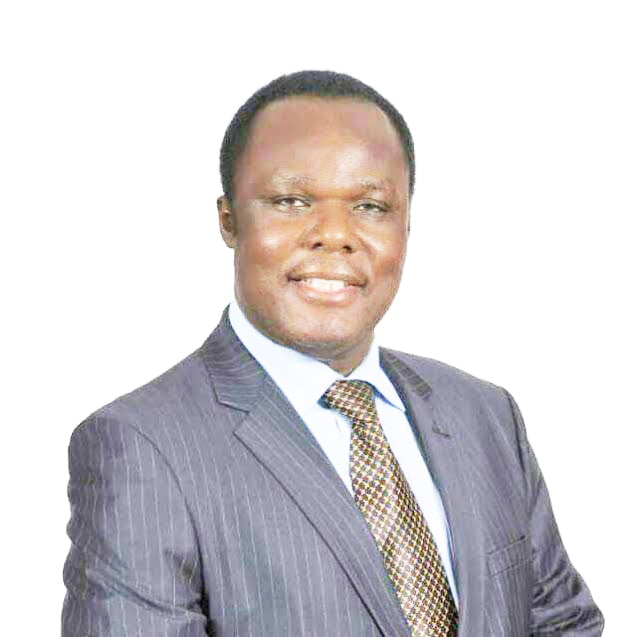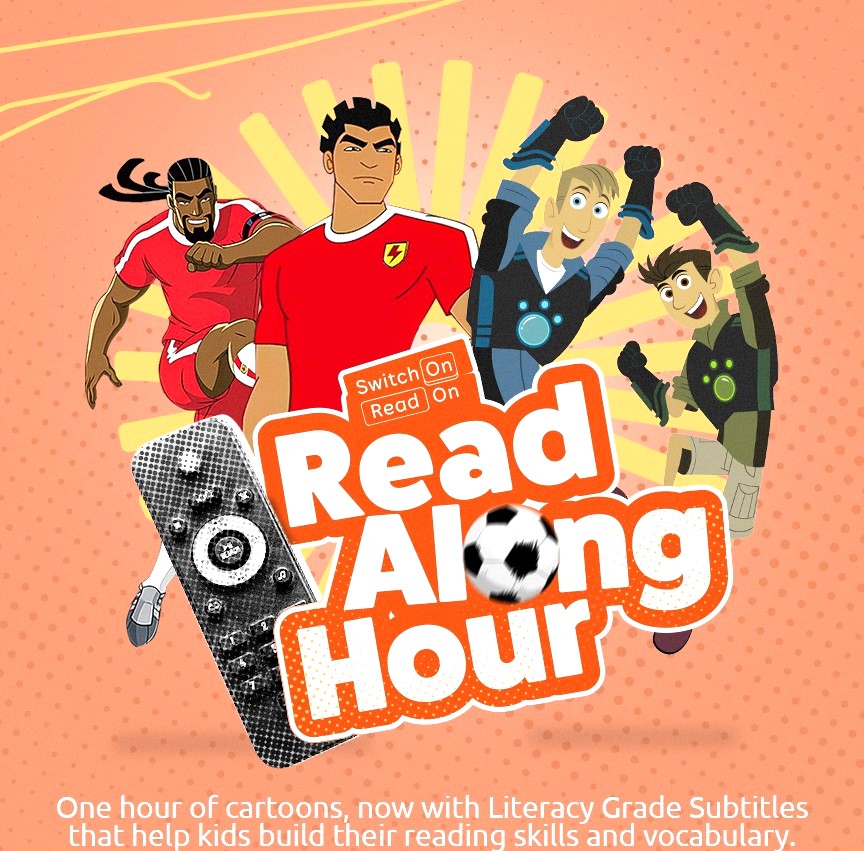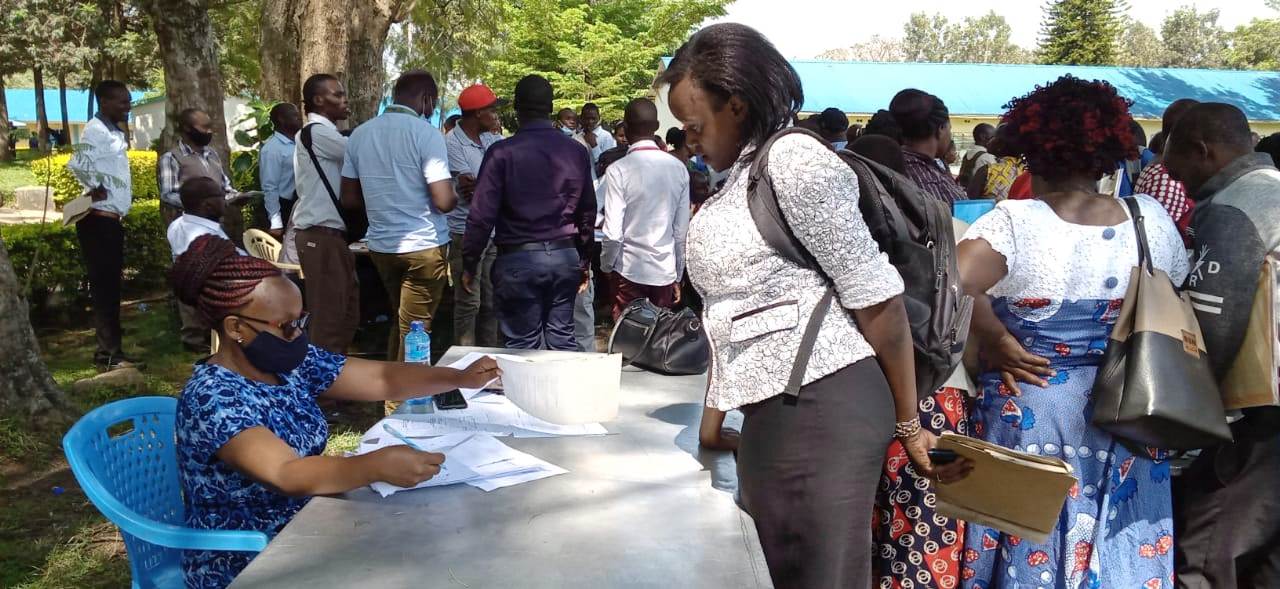By Roy Hezron
Kenya National Qualification Authority (KNQA) has come up with a policy that will see Kenyans who possess knowledge, understanding, skills and competencies in various fields being recognized and awarded certificates. This will see them secure employment just like those with formal education.
The policy titled Recognition of Prior Learning (RPL) Policy Framework in Kenya focuses on the outcomes rather than how, when or where the learning occurred. It will see those not in position of reading English or Kiswahili progress through the pathway after recognition and attaining Bachelor’s, Master’s and Doctoral (Ph.D.) degrees in various fields. All persons with acquired skills are eligible to apply for the certification.
The RPL is aligned with the African Continental Qualifications Framework, a concept developed by the African Union with the support of the European Union hence allows for free mobility, meaning that upon recognition and getting the certificate, one can work anywhere in East African countries and within Africa.
Under the new policy, the assessor or moderator gives recommendations in addressing various gaps in skills identified during the assessment.
The pilot policy was launched on May 19, 2021 in an event held virtually and organized by KNQA where Education Cabinet Secretary Prof. George Magoha was the Chief guest.
The policy will give a person credit for skills and knowledge acquired at school, at work, at home, jua kali sector or through clubs, hobbies and work experience.
“The process acknowledges the skills, knowledge, performance outcomes and learning achieved outside the formal education and training system such as employer-provided training, learning and assessment pathways (Credit Transfer) and informal or experimental learning,” reads the policy in part.
The RPL target group candidature will be people from informal and non-formal sectors who wish to acquire qualification, up skill to get a higher qualification or migrate to a different job or increase productivity in their self-employment.
The learner centered RPL process will offer clear guidance to those seeking credit by RPL and encourage those with formal and non-formal education to present evidence of their learning.
It will help those seeking recognition gain credits towards a qualification, progress into learning programmes and seeking admission into colleges.
Under the policy, those seeking recognition will be required to identify their prior learning needs as proof that they match the learning outcomes for the desired qualification, apply for recognition of prior learning through completion of their profile and products in the RPL Management Information System (MIS) and further accept co-responsibility as an equal partner in the RPL process.
“Candidates will apply for and be prepared and counseled to be assessed in Qualifications accredited recommended by the KNQA. They will be required to prepare a profile of themselves and their work and be certified by QAIs (Qualifying Awarding Institutions)”, noted the policy.
Evidence for Assessment and Portfolio
Theassessment will be done by assessors of QAIs in collaboration with moderators appointed by QAIs.
Submitted evidence shall include interviews or professional conversation, observation and questioning which will include workplace visits, portfolio of work which may include completed assessment items from previous study and uploading of photos of their products onto the RPL online system.
Other contents in the submitted evidence include supplementary assessment tasks, oral, written or practical challenge tests, assessment where no training is involved, trade tests and authentication of evidence by supervisor or employer.
The evidence shall fall within four years from the date of request of RPL.
The portfolio, which is a collection of information and documentation which supports the application and provides evidence of learning, shall contain academic report (s), training certificate(s), contract on applicant exchange, job description (s), Curriculum Vitae and analysis of what has been learned from professional experience.
Other contents include language passport, letters of recommendation where applicable, sample(s) of candidate’s work and products, videos and or photographs of work activities, skill logbooks; details of formal training, records of seminars, conferences and workshops attended, resume and performance appraisals and testimonials from current or previous employers and customers.
To be awarded a qualification on Kenya National Qualification Framework (KNQF), a candidate must accumulate a certain number of credit points where provisionally, one credit point represents 10 notion hours of learning in class, practical lesson or self-study.
In June this year, President Uhuru Kenyatta gave KNQA a 30-day ultimatum to issue a policy framework for recognition of informal-sector skills. The agency was to come up with a comprehensive plan under which youths in the Jua Kali sector can be awarded certificates based on the skills they have acquired at work and without having to seek formal education.
The President said the policy would address the unfairness in the process of awarding tenders for contracts, which often locks out Jua Kali artisans and craftsmen due to lack of papers.
Through the RPL, the government seeks to promote employability, mobility, progression and fair chances in education to the disadvantaged, discouraged and traditionally marginalized groups.






